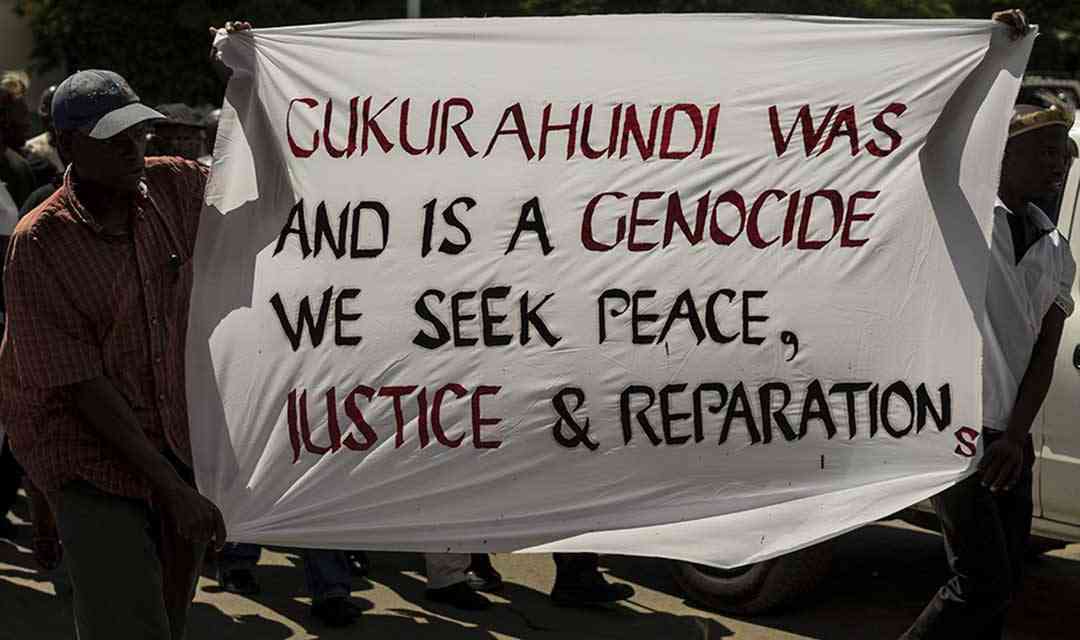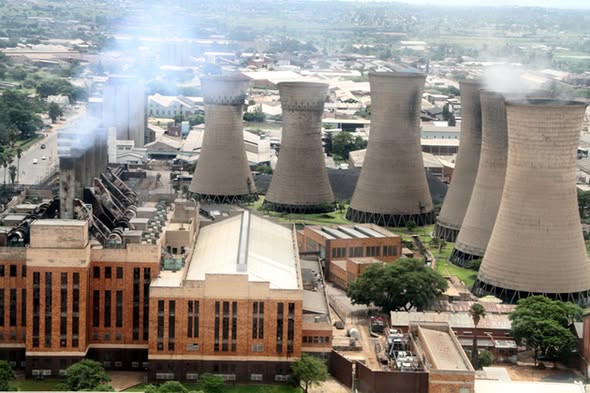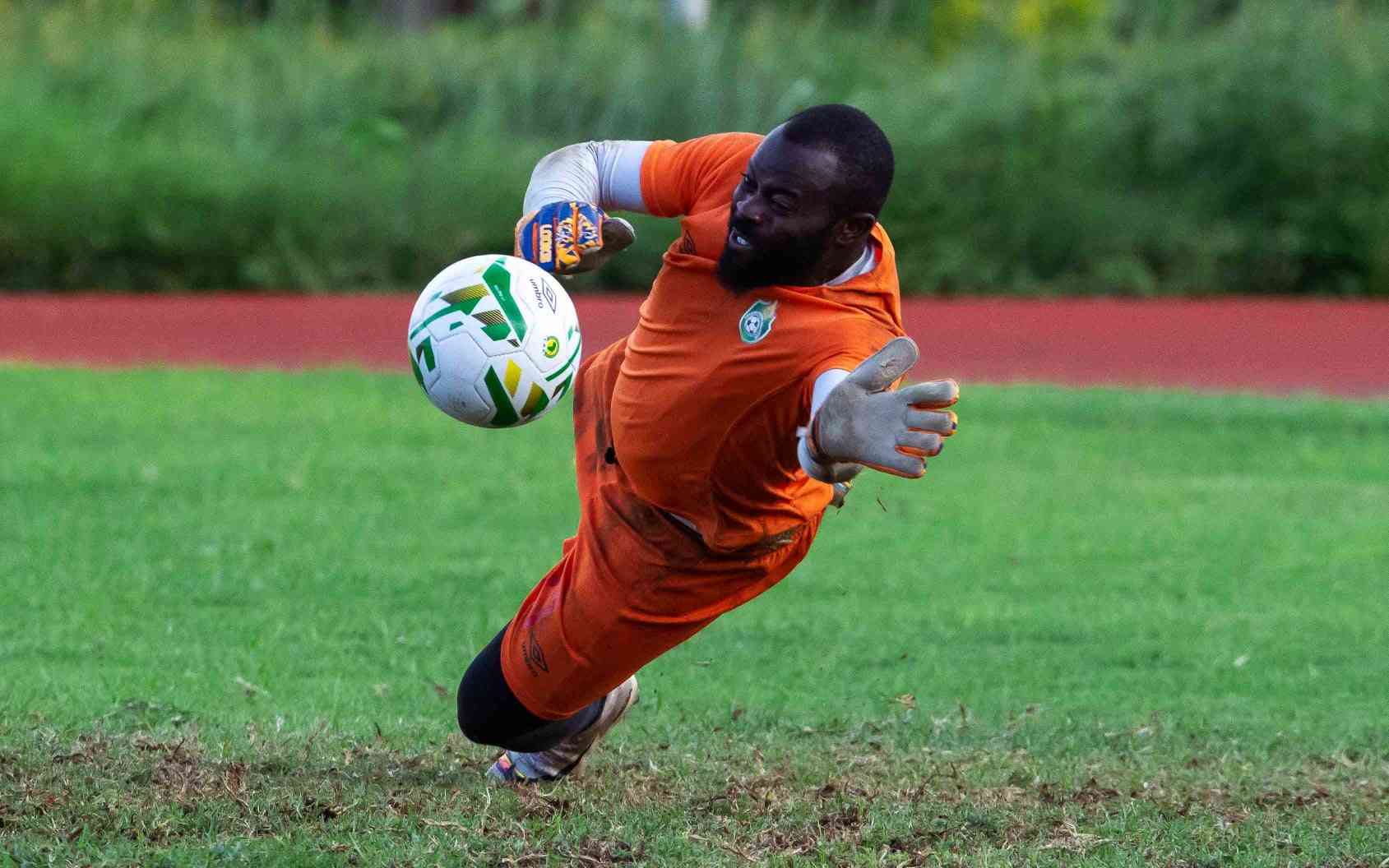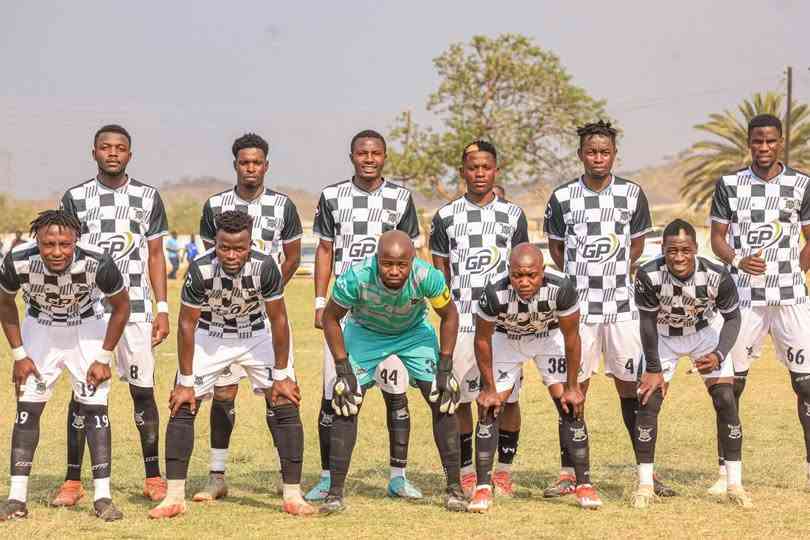
Human rights organisation, Ibhetshu LikaZulu, has urged families of victims of enforced disappearances to remain resolute in demanding answers from the government on the whereabouts of their loved ones.
According to reports, thousands of people were forcibly disappeared, particularly during the Gukurahundi genocide in the 1980s.
The pattern of forced disappearances has continued over the years, leaving families of the victims experiencing mental anguish.
Some of the persons who have been disappeared over the years include Itai Dzamara ( 2015), Paul Chizuze ( 2012) and Patrick Nabanyama (2000).
Other names span across Lupane, Gwanda, Zhombe, Plumtree, Harare, and Bulawayo, reflecting the widespread nature of the disappearances.
“The families must never tire,” Ibhetshu LikaZulu coordinator, Mbuso Fuzwayo, said.
“They must continue demanding to know who took their beloved fathers and mothers, and where they were taken.
“We want the government to take responsibility for what happened to those men, especially those from Silobela who were taken by government security departments.”
- Ziyambi’s Gukurahundi remarks revealing
- Giles Mutsekwa was a tough campaigner
- New law answers exhumations and reburials question in Zim
- Abducted tourists remembered
Keep Reading
He stressed that accountability must include the dignified reburial of victims found in unmarked graves.
“Every person must play a role to ensure that when bones are discovered in unmarked graves or mines, they are identified as family members so that they are laid to rest respectfully,” Fuzwayo said.
Last week, Ibhetshu LikaZulu held a memorial service in Silobela for some of the victims who were abducted and have never been accounted for.
He said Gweru and surrounding areas in the Midlands were among the worst affected.
“Gweru was chosen because it recorded the highest number of people who were abducted,” Fuzwayo said.
“Chiefs were sent to silence victims, but excluding Midlands from open acknowledgement will never address the problem.
“Victims must be allowed to speak freely, and the state must stop protecting perpetrators.”
Ibhetshu LikaZulu said it will continue to push for acknowledgment, accountability, and justice, arguing that only through truth-telling and memorialisation can victims’ families begin to heal.
“Enforced disappearances limit people from freely expressing themselves,” Fuzwayo said.
“Citizens live in fear that if they speak their minds, especially against the government, they will be stolen at night.”
The International Convention for the Protection of All Persons from Enforced Disappearances came into effect in 2010.
It aims to prevent enforced disappearances, uncover the truth when they do happen and make sure survivors and victims’ families receive justice, truth and reparation.










